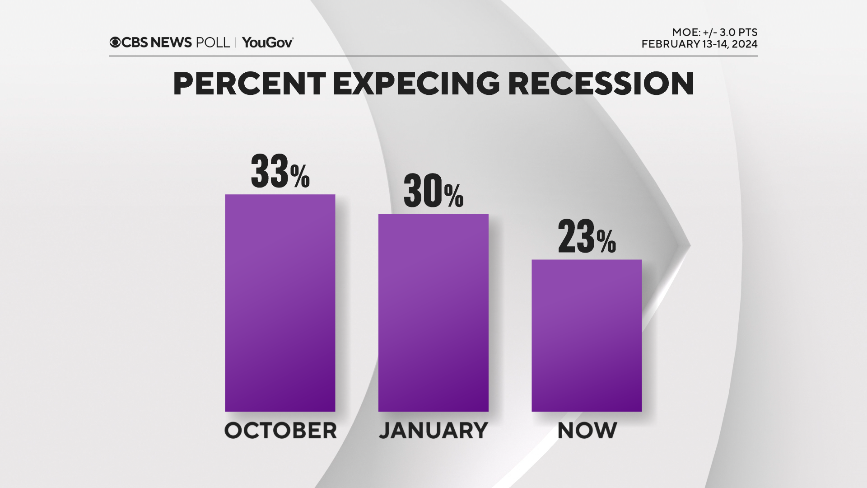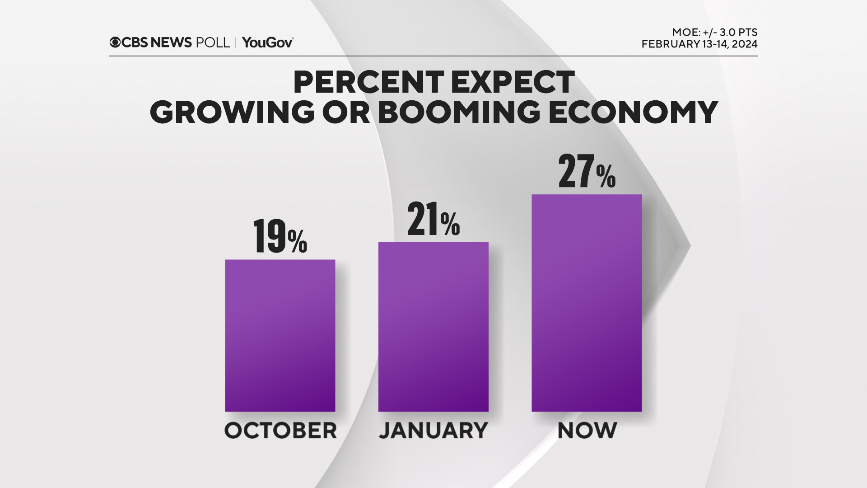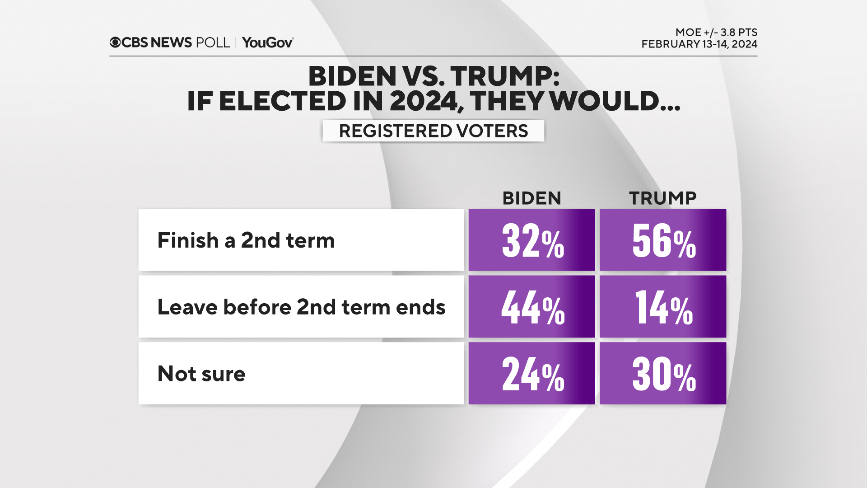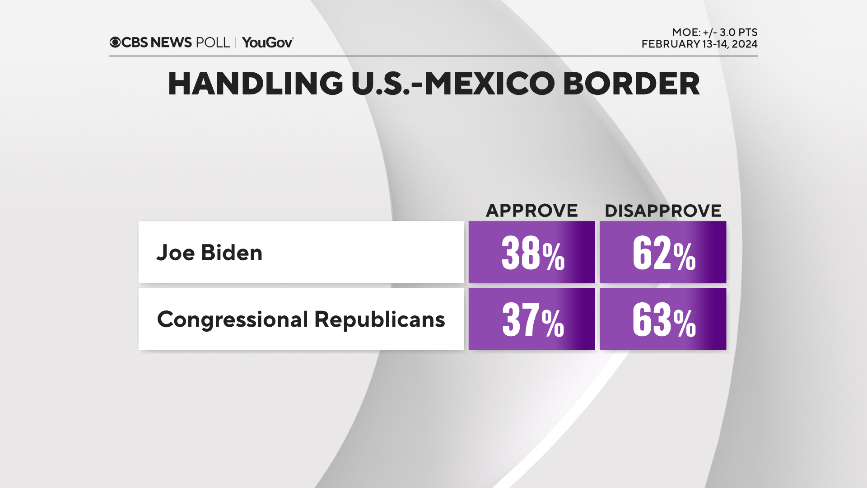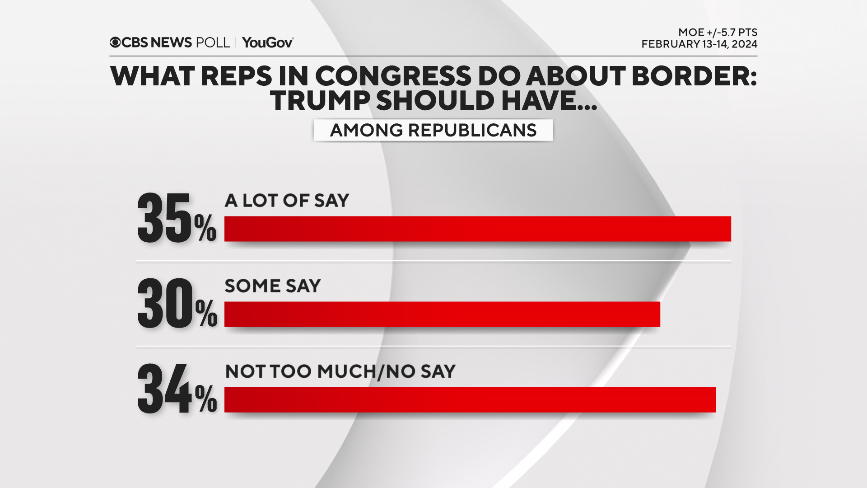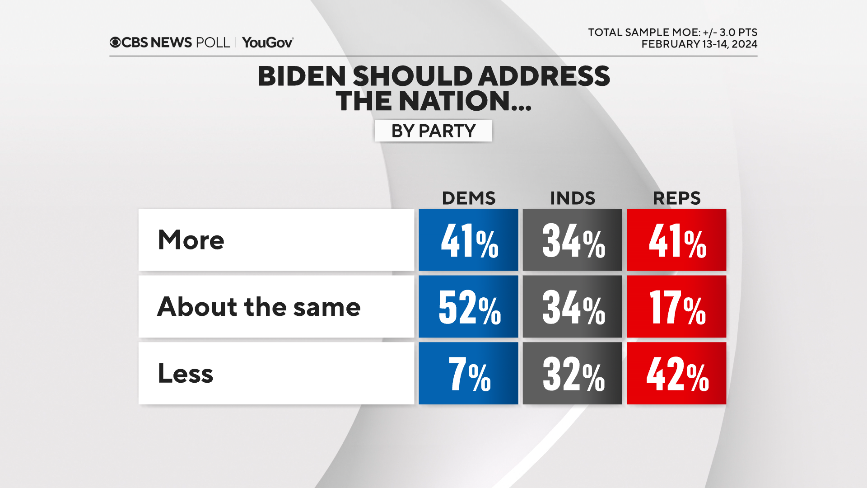Americans’ economic outlook continues to improve, even if it still isn’t great.
The number who see economic growth, or even a boom coming, has risen for the second consecutive month; the number who fear a recession is down again.
Ratings of the current economy are at their highest level in over two years; they’ve also been trending up, albeit slowly and are still mired in negative territory.
(This is the case despite the fact that more people say they’re seeing negative news stories about the economy than positive stories.)
As the economy’s ratings improve a bit, President Joe Biden’s rating for handling that economy have also edged back up. Though still net-negative, it’s now as high as it’s been since 2022. It’s not unusual for those measures to be at least somewhat related.
Ongoing concerns about Biden
However, on a more personal measure, voters continue to have widespread concerns about Mr. Biden and age-related issues, as they have voiced for some time.
Last week’s press conference and special counsel’s statement did not change them.
There is still the minority one-third of voters who think Biden would finish a second term if he wins one, and only a third who believe he has the cognitive health to serve. Those views are essentially the same as a few months ago.
(For context: just a quarter of Americans say they’ve heard a lot about the special counsel’s statement – perhaps owing to it occurring in a week that included that Super Bowl.)
Though neither Biden nor the Republican frontrunner Donald Trump fare especially well on views about their respective cognitive health, Biden does much worse by comparison.
There’s been no substantial change of late to the roughly one-third of Democrats who don’t think he should run again.
Americans back NATO
Donald Trump stirred controversy with statements about defending NATO countries, but nonetheless, the idea of the U.S. promising to help defend NATO from Russia draws very wide, bipartisan support.
Looking overseas at Ukraine, Israel
Sending military aid and weapons to Ukraine continues to enjoy majority support.
Beneath those overall numbers there are some partisan differences: Democrats show a big majority in favor, while Republicans are more divided, with a narrower majority against.
Mr. Biden’s handling of the Israel-Hamas conflict is still negative. Most Americans (and notably, a large majority of members of his own Democratic Party) want Mr. Biden to encourage Israel to either stop or decrease its military actions in Gaza.
It’s Republicans, by contrast, who’d have Biden encourage Israel to increase or continue their military actions.
Negative ratings for Biden, congressional Republicans on the border
Both Mr. Biden and congressional Republicans continue to get negative marks for handling the U.S.-Mexico border, as a potential deal is reportedly stymied.
A big majority of Republicans say former President Donald Trump should have at least some say over what congressional Republicans do about the border now, including many who want him to have a lot of say.
This comes amid reports that congressional Republicans took cues from Trump to reject a deal, so it appears most of their party’s rank-and-file would want it that way.
Hearing more from Biden?
People would like to see more of Mr. Biden on balance, rather than less; the net effect would be to have him talk to the nation more than he currently does.
Although many want more, what they’ve seen so far isn’t necessarily boosting their views. Americans tend to think Mr. Biden’s appearances worsen, rather than bolster, views of his job performance. That’s heavily driven by Republicans. Democrats are net positive, but most don’t think those appearances change anything.
As has long been the case, Biden’s overall approval has been closely tied to the economy during his term and it has hovered in the low-40s range for years now; today, it’s at 42%, which is one point higher than last month.
This CBS News/YouGov survey was conducted with a nationally representative sample of 1,744 U.S. adult residents interviewed between February 13-14, 2024. The sample was weighted according to gender, age, race, and education based on the U.S. Census American Community Survey and Current Population Survey, as well as past vote. The margin of error is ±3.0 points.

